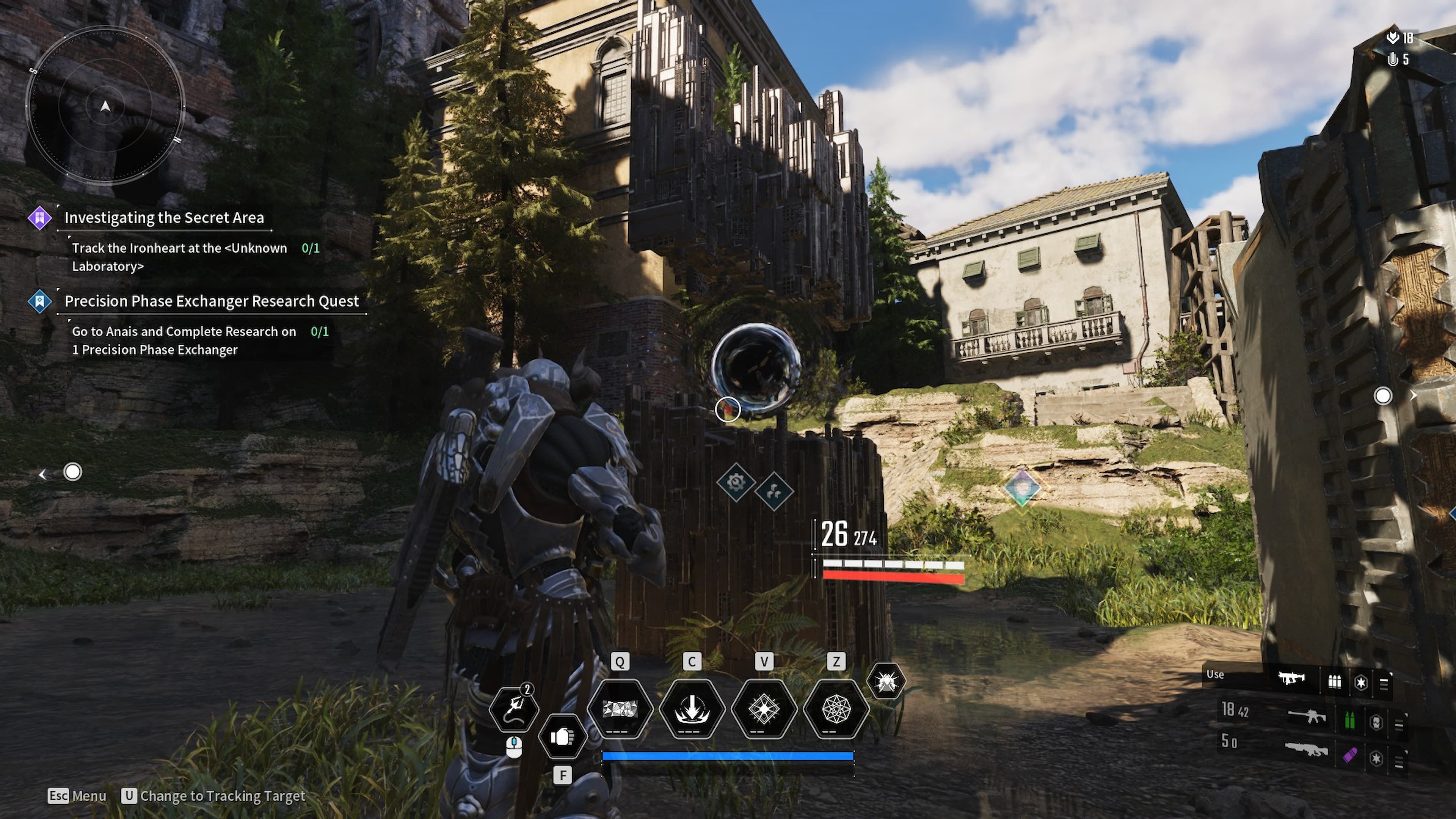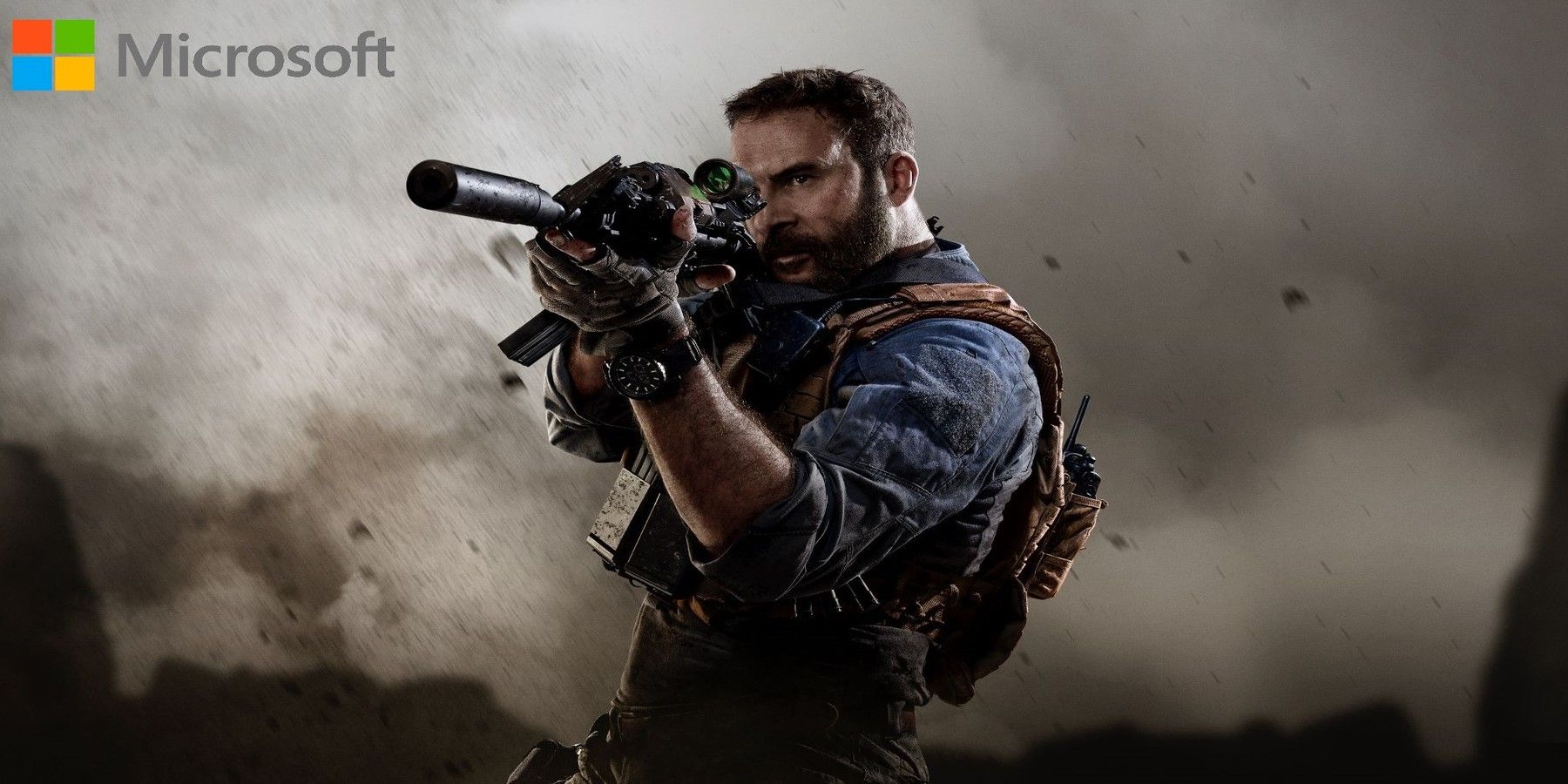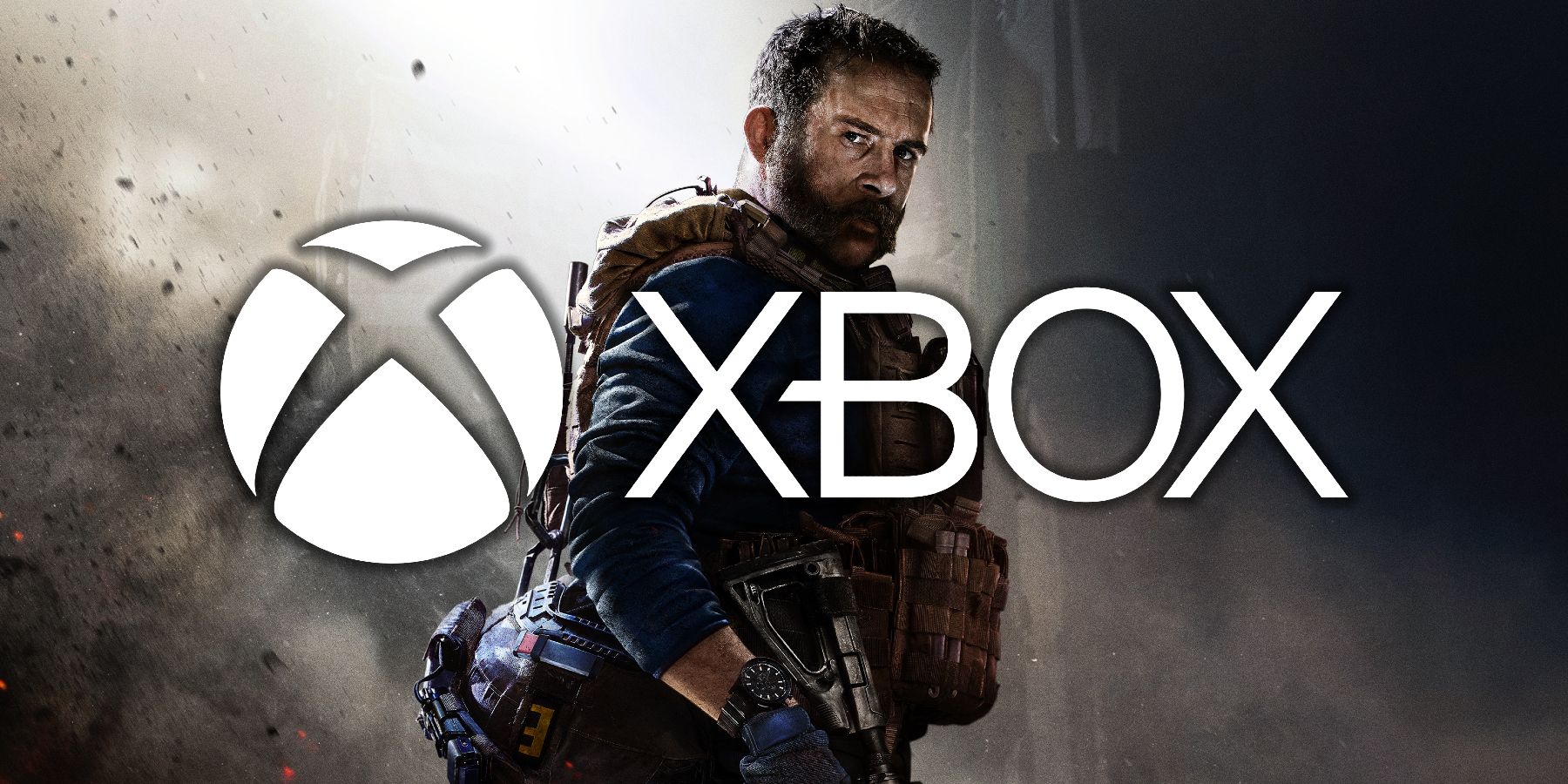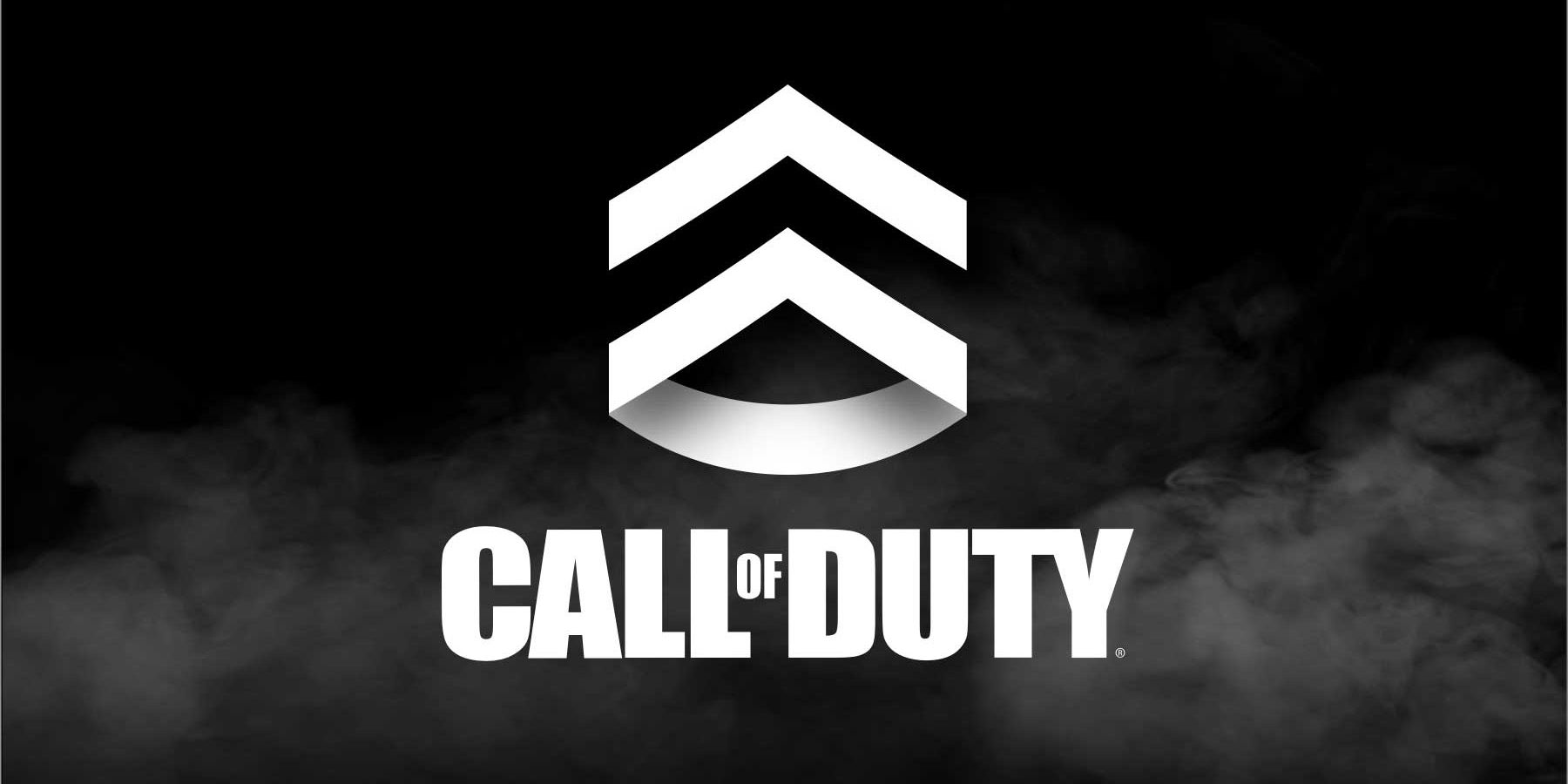The Call of Duty franchise is undeniably one of the largest IPs in the gaming sphere, and it has been for quite some time. Its ability to maintain such a consistently loyal player base over the course of almost three decades, despite drastic changes to core gameplay and a new release every year, is nothing short of a testament to how engrained in gaming culture Call of Duty truly is.
However, with sales figures and critical reception for the yearly-released FPS waning with more recent titles, a shift in this now-aging development formula would be a welcome change to give the franchise the same fervor among fans that older titles did. With a slew of acquisitions and development shake-ups happening among many of the competitors in the AAA side of gaming business, now is as good a time as any for Activision to consider ditching annual releases for a more lengthy and focused development ethos.
The Microsoft Acquisition
It is important to first contextualize the impetus for this proposed change, namely the new ownership of the Call of Duty IP by tech-giant Microsoft. It took an industry-topping $68.7 billion purchase for Microsoft to acquire Call of Duty developer Activision Blizzard, a price fitting for such an array of popular IPs that they subsequently would gain ownership of. Call of Duty is undoubtedly the trophy that influenced a large portion of that mega price tag.
This Microsoft takeover came amidst a very public cloud of controversy surrounding Activision Blizzard, with accusations and lawsuits concerning sexual harrassment and discrimination subduing the celebrations of the acquisition by Microsoft. With this controversy fostering a needed shake up of the development teams surrounding many of the major IPs under Activision Blizzard, now is a perfect time to re-evaluate the formula of Call of Duty's development and the frequency of releases.
Why Change is Needed for Call of Duty
It is no secret at this point that the aforementioned decline in popularity and longevity of annual Call of Duty titles has become more present within the discourse surrounding the franchise. While the series' most recent release of Call of Duty: Vanguard still managed to be the best-selling game of 2021, it did so with lesser sales than its predecessors. This annual decrease in sales will surely be of concern for the developers of the iconic series, with the maintenance of Call of Duty's dominance of the gaming market being the paramount objective for the foreseeable future.
One reason that Call of Duty: Vanguard received negative critical reception was the unpolished nature of its launch. With a litany of glitches tainting the initial Vanguard experience, the knowledge that new titles in the franchise are released annually is becoming an aspect of Call of Duty that has transformed from a source of excitement to something of disdain among the fan base. This has led to a consensus among fans that sees many wanting to wait longer periods of time between games if it means receiving a much more polished installment than the ones released in recent years.
While this may raise questions with the corporate and financial aspects of Call of Duty, with annual releases being a key aspect of its revenue stream and business practice for decades at this point, a reason to move away from annual installments is present in the extremely popular Call of Duty battle royale game Warzone. Initially released in 2020 after 2019's Call of Duty Modern Warfare debuted, Warzone quickly rose to be one of the most popular battle royales on the market, with a player count of over 60 million being recorded in Warzone in under two months of its release.
The consistency of popularity concerning Warzone is not only a financial stabilizer to the potential offset of revenue that elongating the time between Call of Duty releases would create, but also tangible evidence that games within the franchise can maintain popularity across multiple years. With Infinity Ward cryptically announcing that 'a new generation' of Call of Duty is on its way, it could be likely that larger development times are on the cards.
What's Next for the Franchise
With this tease of the next title in the coveted series, many are left speculating as to what the title that will herald this supposed 'new generation' of Call of Duty will be. Many fans are hoping (and it is strongly rumored) that this title will be Modern Warfare 2, a sequel to 2019's popular reboot of the franchise. 2019's Modern Warfare famously received positive critical reception for its palpable level of care and improvement over previous titles, as evidenced in a brand-new game engine which quickly became a fan favorite.
With Modern Warfare 2019 being developed over the course of three years, the level of polish and substance that it provided clearly resonated with fans of the franchise, with the overall praise and legacy for Modern Warfare speaking for itself. In this way it seems only natural that longer development cycles will become prevalent in the series going forward, spelling good news for fans who have been audibly stating their desire for this change.
However, the potential move away from annual releases is unlikely to begin in 2022, as leakers have suggested Modern Warfare 2 is in for a 2022 release after all - primarily due to the lack of financial success garnered by Vanguard compared to past titles in the franchise. While the rumored Modern Warfare 2 is sure to impress if it follows the same path as its predecessor, gamers can only hope that less frequent releases will become the norm with Call of Duty titles that come after the reported 2022 release.







